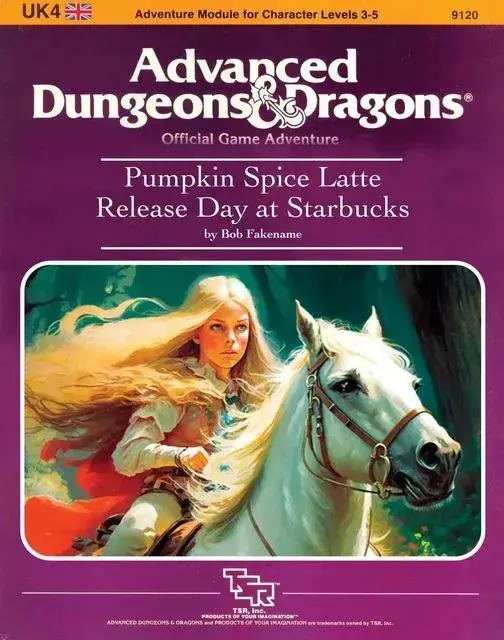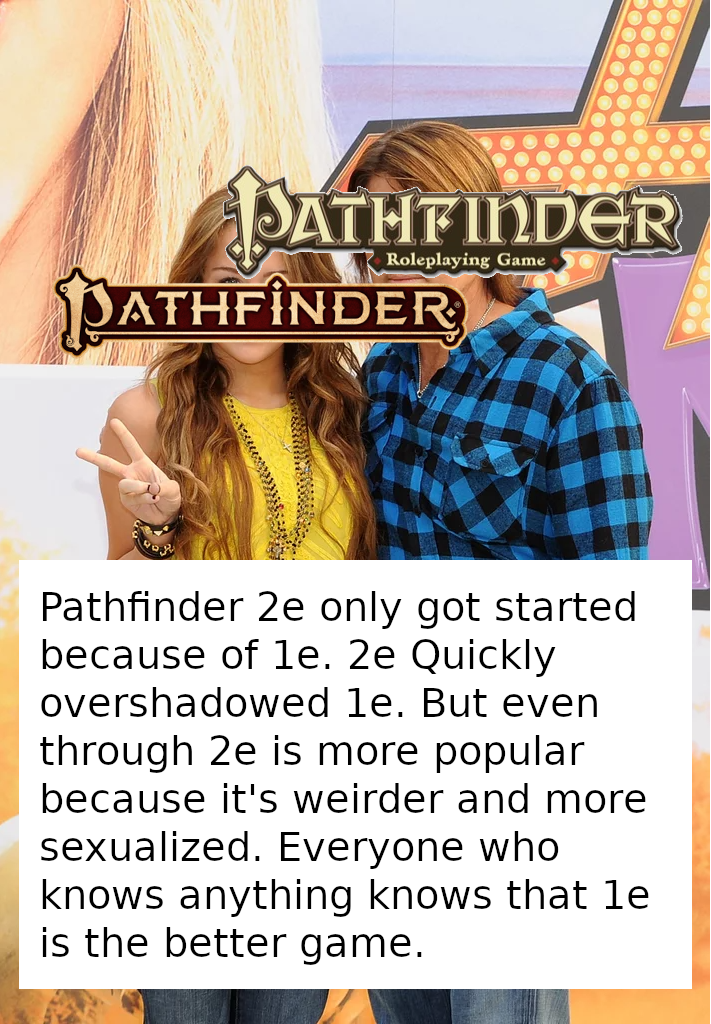I am aiming to run UVG and ACKSII. I'll likely learn Star Trek 2d20 too, because my player is interested in it. But I'm also looking forward to finally having the Dolmenwood books and extras. I wouldn't be surprised if I run another two or three new systems for one shots too.
Dice
I am specificly referring to things like the battledome and retained retraining rules. The creators don't seem to understand what an RPG is and are treating it like video game mini-games are an ideal play pattern. Like are you going to want to reference some poorly designed minigame rule for Negg management?
Neopets seems like an ideal IP for something rules light, not something that is trying to be GTA on paper. I also sense that some of these designs might make the game feel unfaithful to Neopets.
Note that it's making a lot of promises for more rules, but not describing what those rules are. Which is likely a sign of the rules being very rough and needing a lot of work. Which is why I say it looks like a mess.
This looks like a trainwreck of video game mechanics that don't translate into RPG mechanics.
With Hackmaster 5. The balance point of play is on health and equipment. This creates a long term dynamic instead of an encounter or "adventuring day" balancing act. Added with penetrating (exploding) dice and thresholds of pain (ToP) this makes even easy combats dangerous. So there is very little pressure on balancing a fight to make a challenge, every fight is dangerous. This is honestly the biggest flaw with GMing D&D 5e and PF2e, because there isn't really a longterm balance point. And giving players a little extra healing (bonus action healing potions) or a night of sleep makes it much harder to challenge them without a TPK. Which is a consequence of the mechanics fighting logic in the game.
Thanks to Hackmaster's longterm framework equipment can be very impactful on play encouraging exploration. And giving a powerful item doesn't create a future problem for me. I can just roll for items and it's fine. I also don't worry about mixed level parties, weak characters or broken abilities.
Hackmaster Monsters are well designed with lots of supporting information that help inform my choices and provide easy answers. Stuff like sleep cycles and spell components are clearly listed.
For WFRP and CoC, the d100 universal resolution system and simplicity of rules makes it very easy to arbitrate. Effectively there are few rules questions.
Cthulhu also follows a particular flow of dread, terror, gore/horror that push the game forward. But it does typically work best with one shots.
I'd double down actually. The lack of to hit rolls and the way that resolution system works in RP and Exploration actions highlights a failure in play dynamics. Essentially they are streamlining the fun and uncertainty out of the game.
I don't think they are actually making an RPG at this point. But that is because I have a very specific viewpoint en what an RPG is.
Did you note that I included encumbrance. Magic bags are a huge problem for trivializing the concerns of your character.
There are systems that make it not purely accounting, like resource dice.
What you described is barely a timer system, reset on combat end doesn't really ever matter to a game. I'm addressing longer time frame resource drain benefiting the game by creating risk and promoting choice. There isn't really a point if arrows aren't lost and broken.
Timer systems like arrow counting, rations and encumbrance are good for game flow. Removing them tends to diminish the level of emotional investment and roleplaying in the game.
In video game design there is the MDA framework. Where mechanics (rules) create dynamics (gameplay flow) that express aesthetics (genre and emotional expression). Thus in d&d the rules change the actions players take and these actions determine the tone and feel of the game. This is why Silvery Barbs is miserable, the dynamic it creates diminishes the roleplaying aesthetic by breaking suspension of disbelief.
When looking at 5e the fact most players don't just homebrew a few rules, but gut large mechanics (light, encumbrance, gold, travel) of the game. This has completed removed WotC's control of D&D's dynamics. This breaks the aesthetics of the system. 5e in it's current state is not a heroic fantasy game, but everyone thinks it is. Which is why so many tables fail and new DMs burn out.
Scarlet Heroes has some nice solo tables. The Tome of Adventure Design is also pretty nice for random tables.



I just use the Shucked Oyster, all the RP is built into it. But I play with a bunch of degenerate women.